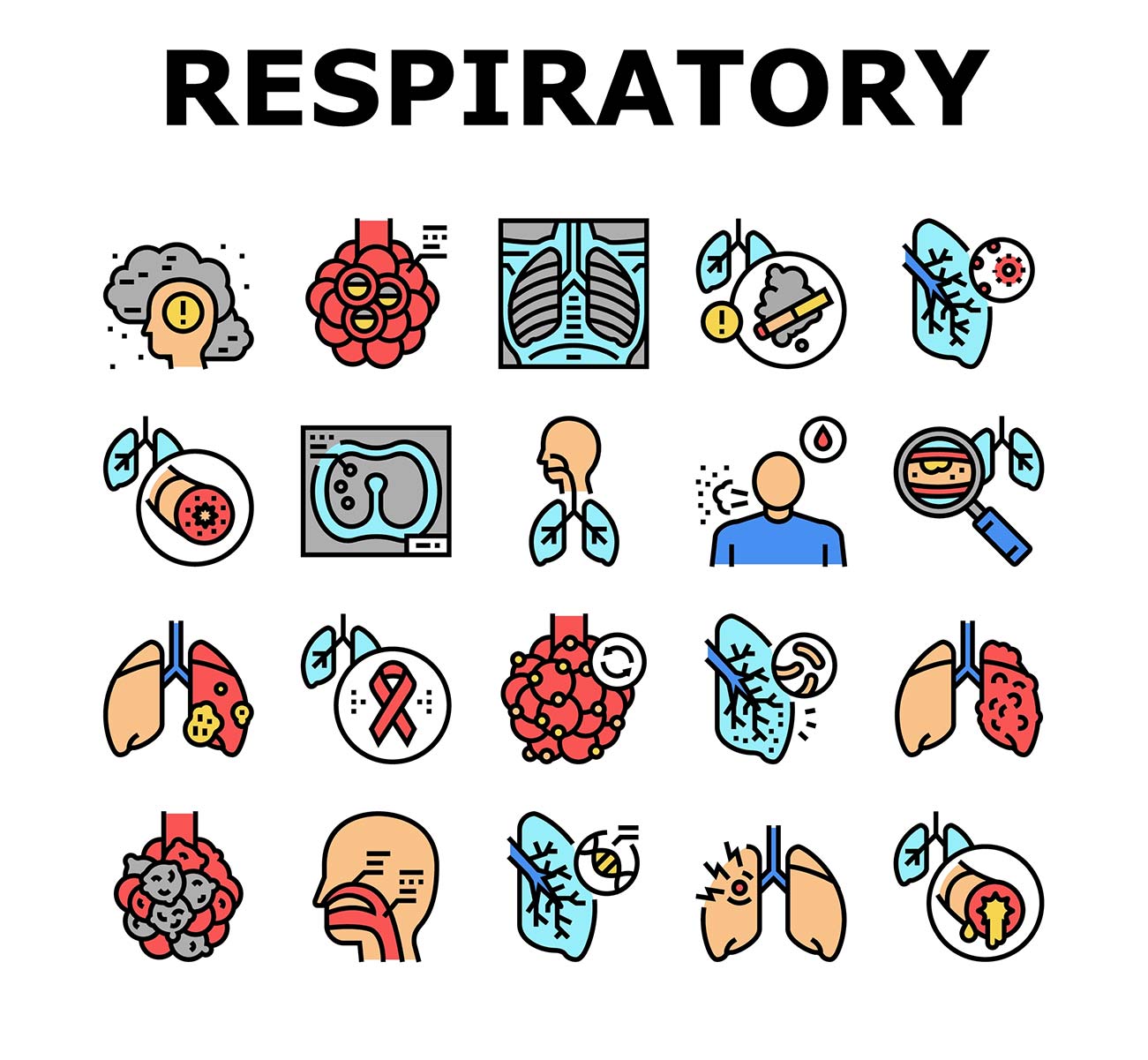Cholesterol is very significant because every human body needs it to help create healthy cells. It is a waxy substance that is found in the blood.
However, increased levels of cholesterol would intensify the risk of getting heart disease or disorder.
When someone has high cholesterol, they can develop fatty deposits in third blood vessels.
Ultimately, these residues grow, making it hard for enough blood to flow through your arteries. Occasionally, those deposits can break suddenly and form a clot that results in a heart attack or stroke.
High cholesterol is often the consequence of unhealthy lifestyle choices, this makes it preventable and treatable. A healthy diet, regularly exercising and sometimes taking medication can help in the reduction of high cholesterol. High cholesterol can also be inherited.
Your first cholesterol test should take place between the ages of nine and eleven, and then be repeated every five years after that.
The National Heart, Lung, and Blood Institute recommends that cholesterol screenings should take place every one to two years for men who are between the ages of 45 to 65 and women between the ages of 55 to 65. People who are over 65 should receive cholesterol tests annually.
Should your test results not be within the right range, your health care specialist might propose more-frequent measurements and also suggest more-frequent tests if you have a family history of high cholesterol, heart disease, or any other risk factors like diabetes or high blood pressure.
Some medical conditions that can lead to unhealthy cholesterol levels include chronic kidney disease, HIV/AIDS, Lupus, Diabetes and Hypothyroidism. It can also be worsened by some types of medications you may be taking for other health problems like acne
High blood pressure, Cancer, Irregular heart rhythms, HIV/AIDS and Organ transplants.
Some factors responsible for increasing the risk of unhealthy cholesterol levels include:
- Obesity: Amassing a body mass index (BMI) of 30 or greater puts you in danger of getting high cholesterol.
- Poor diet: Consuming too much-saturated fat or trans fats can result in harmful cholesterol levels. Saturated fats can be found in fatty cuts of meat and full-fat dairy products. Trans fats are also found in packaged snacks or desserts.
- Absence of exercise: Working out helps to boost your body’s HDL. HDL is the “good” cholesterol your body needs.
- Smoking: Smoking tends to lower your level of “good,” cholesterol ie. HDL.
- Consumption of alcohol: Drinking too much alcohol can increase your whole cholesterol level.
- Age range: Even though young children tend to have unhealthy cholesterol, it is much more common in people over the age of 40. As we grow older, our liver becomes less able to remove LDL cholesterol.
Individuals who have high cholesterol tend to suffer from any of the following complications;
Pain in the chest: When the arteries which supply the heart with the coronary arteries (blood) are affected, the individual might have chest pain or angina and other indications of coronary artery disease.
Heart attack: When the plaques tear or rupture, a blood clot would form at the plaque-rupture site and block the flow of blood or break free and plug the artery downstream. As soon as the blood flow to part of the heart stops, the individual should have a heart attack.
Stroke: Like a heart attack, this would happen when a blood clot blocks blood flow to part of the individual’s brain.
To manage high cholesterol, you can carry out the following lifestyle activities:
- Eat fruits, vegetables and whole grains
- Reduce the amount of animal fats and only good fats in moderation
- Lose extra pounds
- Stop smoking
- Exercise on most days of the week for a minimum of 30 minutes
- Drink alcohol in moderation
- Manage stress







